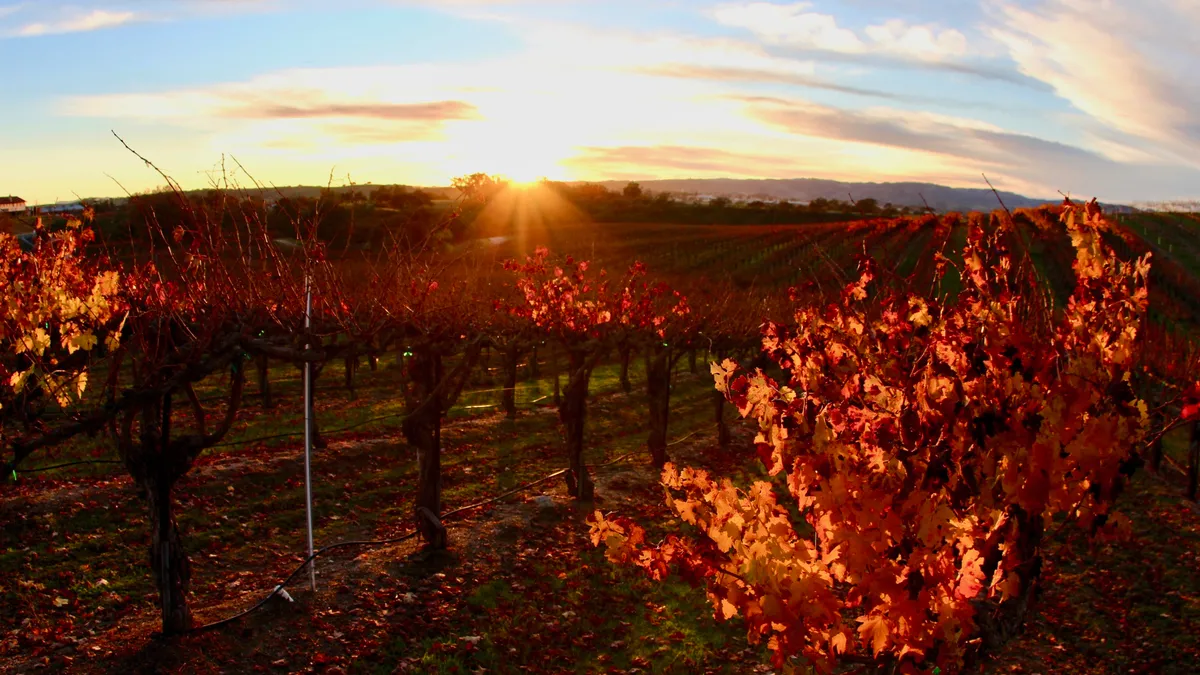Dive Brief:
- A California bill requiring food establishments to adhere to waste franchise agreements for organics — AB 2959 — is dead for the year, according to multiple sources. Lawmakers failed to bring the bill for a vote last week in the state Senate Environmental Quality Committee, ending movement for the remainder of the session.
- Food retailers said the bill would hinder their ability to send organic waste for use as livestock feed and raised concerns that large haulers with franchise agreements would instead take the material straight to landfills. Along with farming and ranching associations, their opposition helped make the bill too controversial for consideration in the legislative session, truncated due to the pandemic.
- Groups supportive of the legislation, as of a May hearing, included Republic Services, Recology, ReThink Waste, Resource Recovery Coalition of California, California Waste and Recycling Association, and Californians Against Waste (CAW). Christine Wolfe, government relations manager for Recology, confirmed the bill will not be considered this year, but indicated it might resurface next year as the state's major waste reduction mandate, SB 1383, ramps up.
Dive Insight:
AB 2959 followed a 2018 bill, AB 3036, that exempted some industrial sources generating organic byproducts from adhering to local franchise hauling agreements. Critics of the original legislation said that exemption for industrial sources created a loophole for some establishments like grocery stores and restaurants, allowing smaller haulers to undercut franchises. AB 2959 clarified those retail and commercial establishments are not exempt.
Wolfe said the original bill led to unregulated transporters collecting organic waste meant for solid waste franchises, an issue that has become more contentious with SB 1383 implementation approaching in 2022. The state is seeking to meet a 75% statewide reduction target for organic waste by 2025 under that mandate, along with requirements to ensure 20% of currently disposed edible food be recovered for human consumption by the same date.
"Through our franchises, municipalities will set collection, processing, education and outreach, procurement, and edible food recovery requirements," Wolfe said, adding that "untracked and unreported" material could hinder state waste reduction efforts without AB 2959.
Opponents said the opposite. During a June 8 Assembly hearing, Assemblymember Jim Patterson criticized the bill, saying it would result "in more organic waste ending up in landfills." Patterson said it countered AB 3036, the original bill. Assembleymember Ken Cooley, the author of AB 3036, disagreed, stating "this bill [AB 2959] is a clarification that aligns with the purpose of my bill."
Stakeholders supporting AB 2959 said the same thing, even as opposition to the bill ramped up.
"It doesn't actually change the law at all," said CAW Director of Advocacy Nick Lapis. "But people do not necessarily agree with that interpretation."
Critics of the bill said it would prove detrimental for the state's efforts to curb organic waste. Complete Recycling, a local service provider that works with large-scale facilities on issues including organics diversion and registered its opposition, did not respond to a request for comment.
But according to a press release circulated under the name California Organic Waste Recyclers, the bill would eliminate the ability of food establishments to "upcycle" food waste like egg shells and avocado pits, which they currently send to farmers and ranchers for use as livestock feed. The U.S. EPA food hierarchy considers animal feed preferable to both composting and landfilling.
"The bill would impose a one-size-fits-all approach to disposing of organic waste generated by households and all types of businesses," the press release stated.
California Organic Waste Recyclers does not appear to have a website or available contact information and Waste Dive could not independently verify the group's comments about the bill and its financial implications.
Lapis said businesses would not be prevented from sending material to be used as animal feed. Per the bill, if they do not pay a hauling fee the waste would not be considered "discards," thereby making making the practice legal.
"The only thing it really does is to put in black and white language that says, no, these are not industrial sources, this is only about agriculture," said Lapis.
Still, controversy around the bill dimmed its prospects, and opponents said they are relieved. "[We are] pleased with this outcome because our members can continue the environmentally sustainable practice of selling or donating organic byproducts for livestock feed, if they choose to do so," said Dave Heylen, spokesperson for the California Grocers Association.
Some proponents think the bill may be too contentious to be reintroduced next session, but others remain hopeful given the stakes around SB 1383.
"If we want our nascent organics programs to be successful, we need to stop unregulated hauling of organic waste," said Wolfe.










